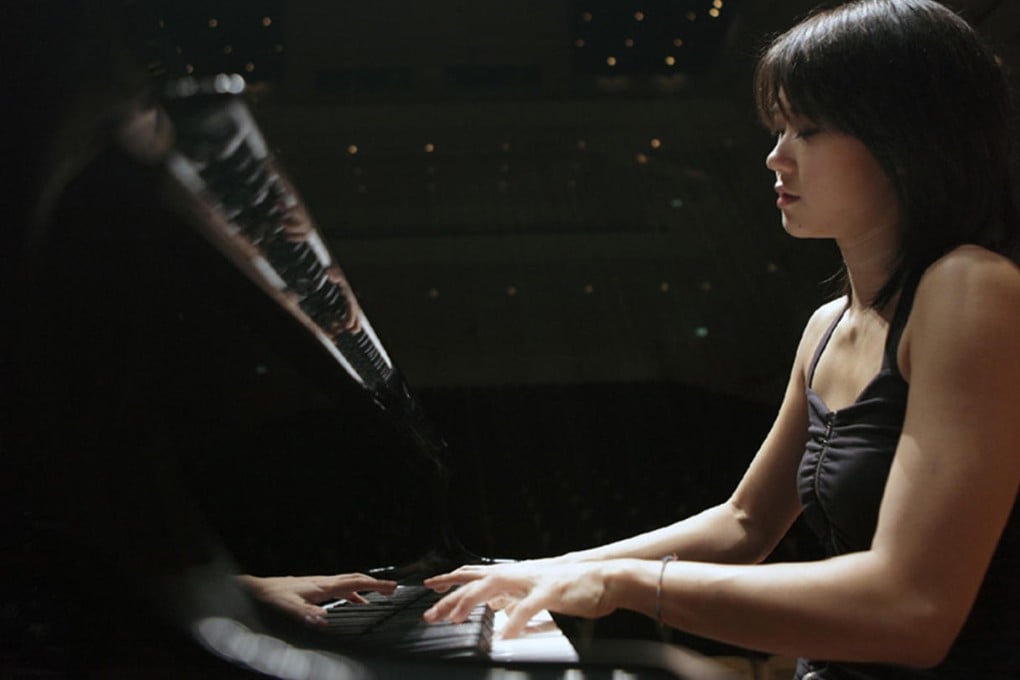Why Yuja Wang will be equal to challenge of Brahms concerto
Performances with the Hong Kong Philharmonic will complete Chinese pianist's Triptych concert series, which has demonstrated her formidable range

completes her Hong Kong "Tryptich" with performances on June 19 and 20 with the Hong Kong Philharmonic.
Wang, 28, is one of a generation of classical concert and recording artists to have been marketed as much on sex appeal as talent, but it is notable that even the most drooling of her many euphoric reviews never suggest that her looks rather than her playing are the principal reason for her success.
The Tryptich programme of concerts has demonstrated her formidable range. It began with Mozart's Piano Concerto No 9 with the orchestra, and was followed by a solo recital of compositions by Scriabin (a composer whose works she has recorded on two CDs), Chopin and Balakirev.
The Brahms concerto does not yet feature in her discography, although she did record his Variations on a Theme by Paganini for her 2010 CD Transformation, and has recorded the complete Brahms violin and piano sonatas with violinist Leonidas Kavakos.
Review: Yuja Wang shines in Mozart
The concerto is a monumental work which the composer took three years to complete, and which he performed himself in the concert halls of Europe to critical acclaim. A gap of more then 20 years separated Brahms' second piano concerto from his first, which had been less enthusiastically received. He appears to have been determined that the critical failure was not to be repeated, and his confidence in the work once completed is clear from some disingenuous self-deprecation in his correspondence.
The work ... is ... notable for the demands it places on the pianist in responding sympathetically to the orchestra as well as for bravura solo passages, and in terms of sheer stamina. There is not much doubt that Wang will be equal to its challenges
"I have written a tiny little piano concerto with a little wisp of a scherzo," he wrote to a friend.